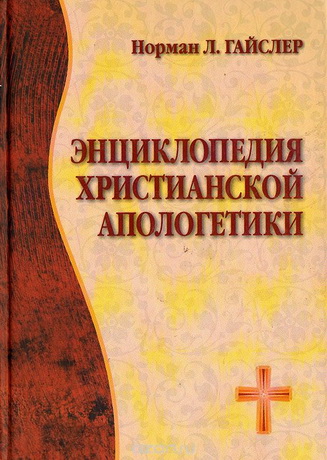
Garland - 1 Corinthians

The author’s wealth of knowledge and exhaustive research is evident in his exposition. To clarify the meaning of the text, he incorporates references from parallel material in the Pauline corpus and from extrabiblical sources that highlight relevant aspects of the religious, cultural, and social context. Throughout his study, Garland interacts with notable previous commentators and provides extensive notes for the reader’s consideration and further research. Relevant text-critical issues are discussed in a section labeled “Additional Notes.” There biblical scholars will find comments on the more technical aspects of the text, including variant readings and grammatical issues.
David E. Garland. 1 Corinthians
The city of Corinth was ideally situated on the narrow land bridge between Peloponnesus and mainland Greece. Strabo (Geogr. 8.6.20) attributes the city’s wealth to the fortune of being “the master of two harbors.” Cenchreae, about six miles to the east on the Saronic Gulf, led straight to Asia, and Lechaeum, about two miles to the north on the Corinthian Gulf, led straight to Italy. A four-mile rock-cut track (diolkos, built ca. 625–585 b.c.) connected the two ports, enabling cargo and even small ships to be hauled across the isthmus to the other gulf, and thus allowed transporters to avoid the treacherous sea journey around the cape of the Peloponnese (cf. Acts 27). Corinth was a natural crossroad for land and sea travel.
Corinth had aroused Rome’s wrath as the chief city of the Achaean league, which revolted rather than submit to Rome’s demands to dissolve the league (cf. Cicero, De lege agraria 1.5; Strabo, Geogr. 8.4.8; 8.6.23; Pausanias, Descr. 2.1.2). The Roman military machine’s superior numbers and prowess led to the league’s inevitable defeat and the demolition of its leading city in 146 b.c. Lucius Mummius, the Roman general, sacked and burned the city. Reportedly, the male population was killed, the women and children were sold into slavery (Cicero, Tusculanae disputationes 3.53–54; Strabo, Geogr. 8.6.23; 10.5.4; Pausanias, Descr. 2.1.2), and the city’s treasures were plundered. The extent of the destruction of the city may have been exaggerated by the ancient sources (Wiseman 1979: 494), but 146 b.c. marks its end as a normally functioning city.
Strabo (Geogr. 8.6.23) asserts that the town remained desolated and largely uninhabited for 102 years after this defeat. Its old shrines became a curiosity for tourists, and the ruins provided shelter to squatters and visitors to the Isthmian games now under the control of Sicyon (C. Williams 1987: 26; Stansbury 1990: 134). In 44 b.c., shortly before his assassination, Julius Caesar decided to establish a Roman colony on the site with the official name Colonia Laus Iulia Corinthiensis (Colony of Corinth in Honor of Julius). Rome established colonies to solve overcrowding in the city and to promulgate Roman civilization across the world. This resettlement created a new Roman heritage for Corinth and gave it a different appearance from its Greek period. The new city was laid out with a new grid on top of the former Greek city (see Romano 1993). Many of the existing Greek buildings were utilized in the design, but the Romans imposed a city plan, architecture, political organization, and ethos different from the Greek predecessor.
Strabo (Geogr. 8.6.23; 17.3.15) recounts that Julius Caesar colonized the city with persons predominately belonging to the “freedman class.” Rome needed to export the swelling ranks of the poor and settle its potentially restless army veterans. The city’s Roman identity was guaranteed by the immigration of a Roman population. Hopkins (1978: 66) estimates that during the years 88–80 b.c., “Roughly half of the free adult males in Italy left their farms and went to Italian towns or were settled by the state on new farms in Italy or the provinces.” A portion of these must have resettled in Corinth. Crinagoras (Greek Anthology 9.284) acidly refers to the Corinthian settlers as “those often sold, unstable or disreputable slaves.” Appian alleges that the first colonists were desperate and out of options, and Strabo’s (Geogr. 8.6.23) claim that they looted the Greek tombs and established a market for necrocorinthian ware suggests that these first colonists were strapped for cash (Lanci 1997: 26–27). The city, however, was soon transformed from ruin to riches.
The denizens of Corinth in Paul’s day were known for their wealth and ostentation. The new city allowed many aggressive freedmen and their heirs, who would have been freeborn, the chance to acquire wealth through commercial ventures. Without an entrenched aristocracy, the citizens of Corinth were not fated “to remain in their allotted position on the social scale” but had a real opportunity for upward social mobility, primarily by attaining wealth and buying friendships and clients (Carter 1997: 53). The favorable economic climate attracted settlers from all over the empire who could work their way up the social ladder. Stansbury (1990: 120–21) makes it clear, however, that this society was not egalitarian. It was an oligarchy that was “hierarchic and elitist, and therefore safe” from a Roman point of view. De Vos (1999: 189) notes that the elite “used a number of social control mechanisms to restrict access to their group, including wealth, marriage, and social ties.” Despite the city’s prosperity, poverty afflicted many inhabitants. Alciphron (Epistles 3.60), a second-century writer, explained why he did not go to Corinth: “I learned in a short time the nauseating behavior of the rich and the misery of the poor.” Murphy-O’Connor (1984: 148) interprets the proverb “Not for every man is the voyage to Corinth” (Strabo, Geogr. 8.6.20; Horace, Ep. 1.17.36) to mean that only “the tough survived there.” Winter (1989) points to evidence of grain shortages after Paul left Corinth that resulted in famines worsening the divide between rich and poor.
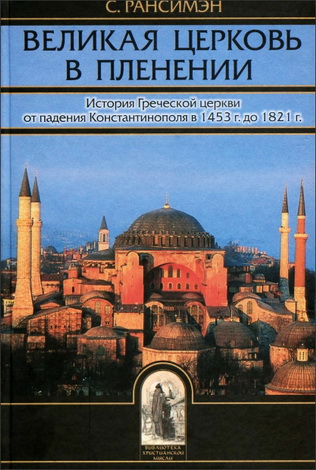
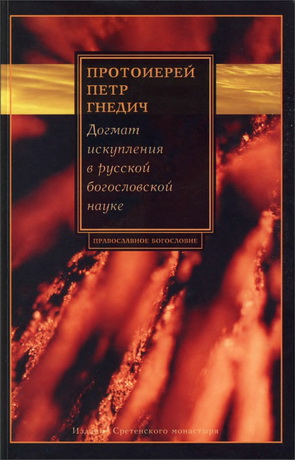
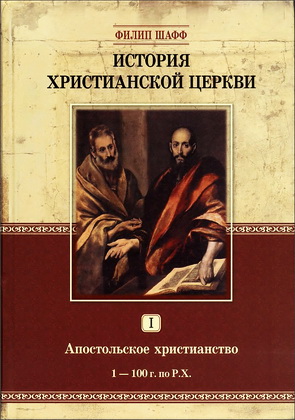
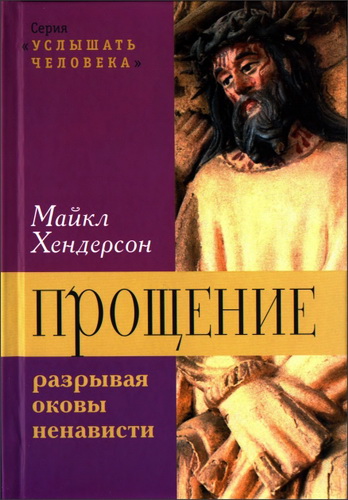
Комментарии (1 комментарий)